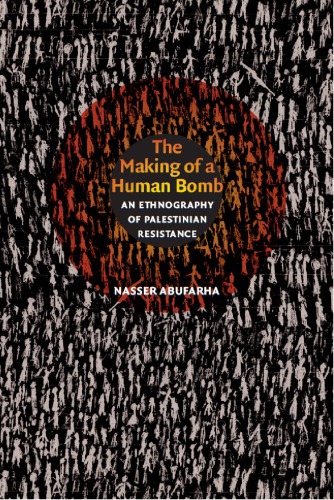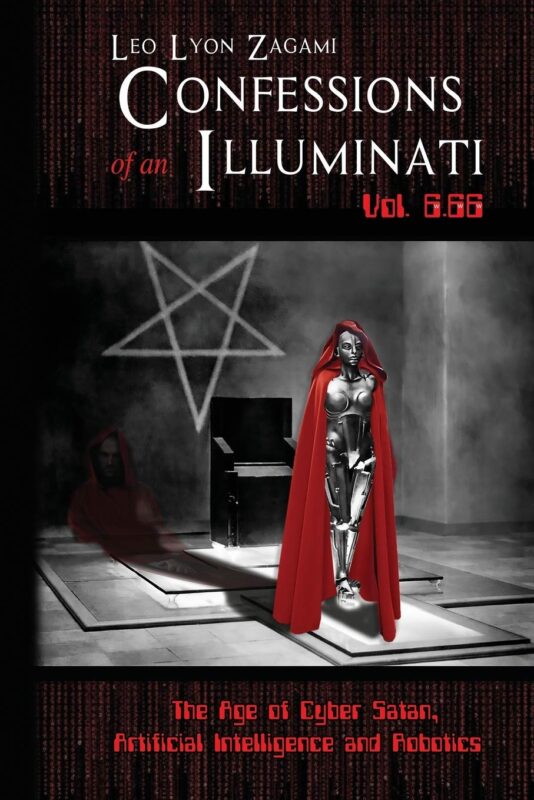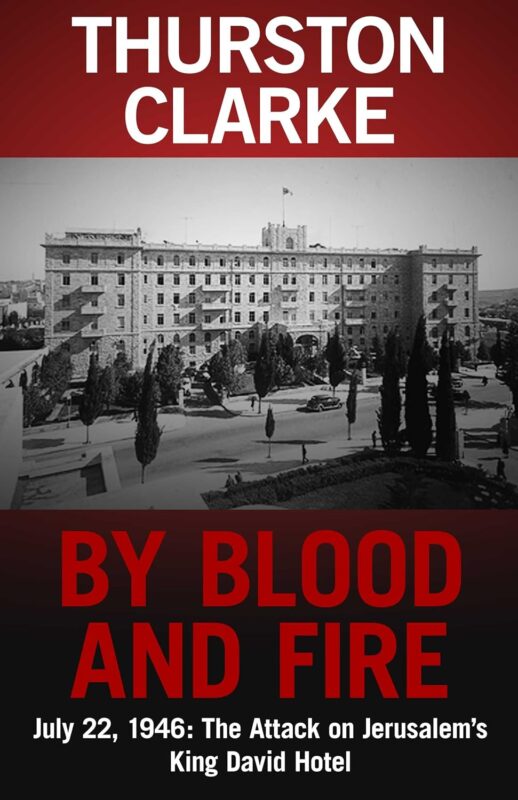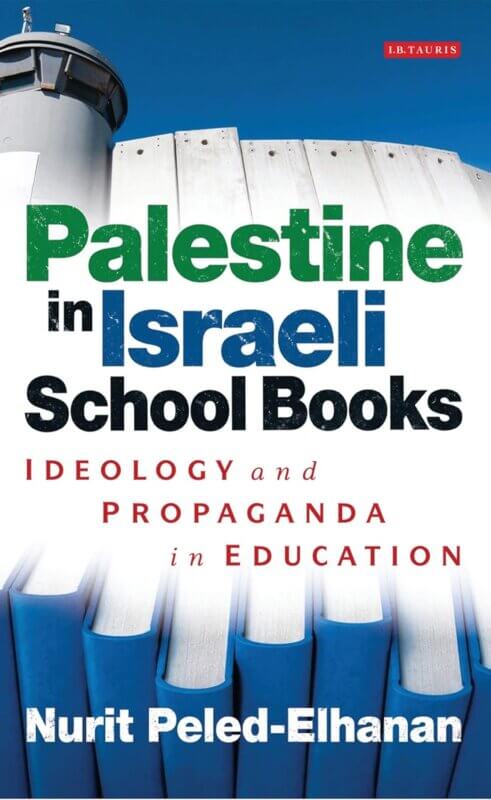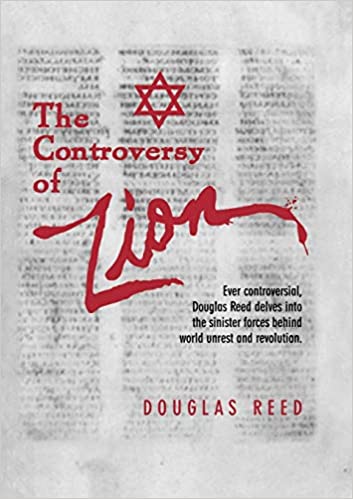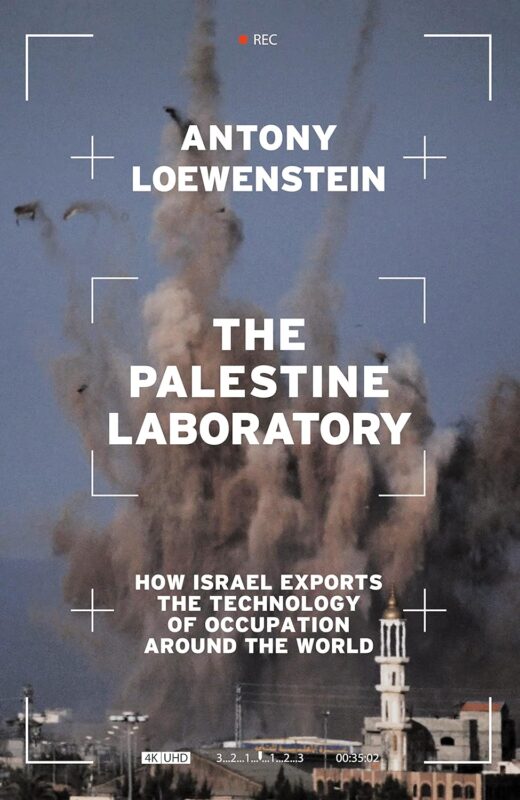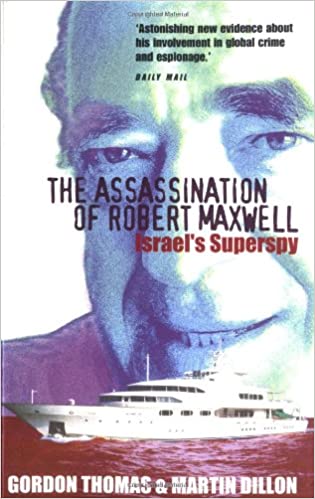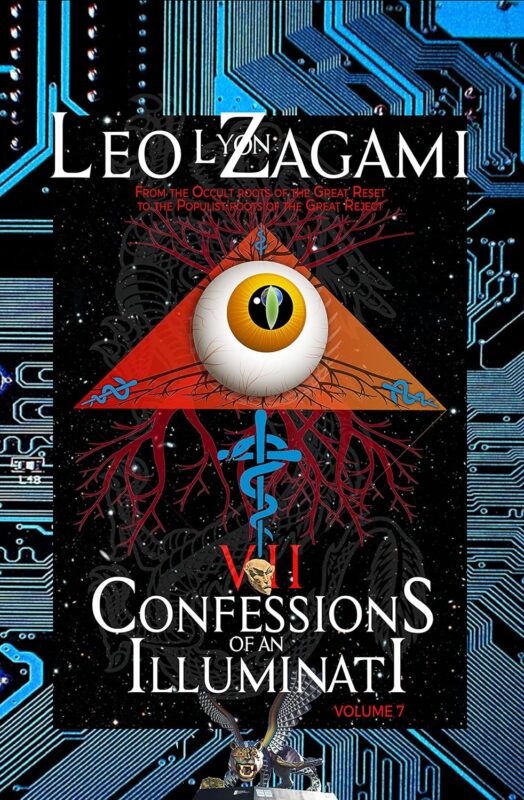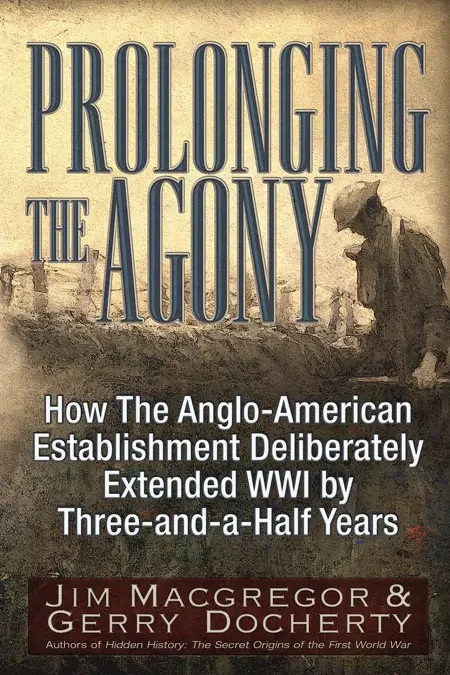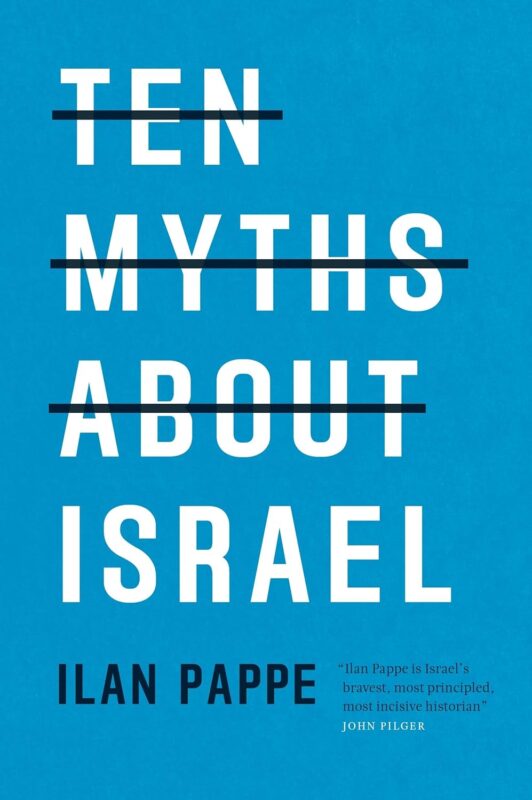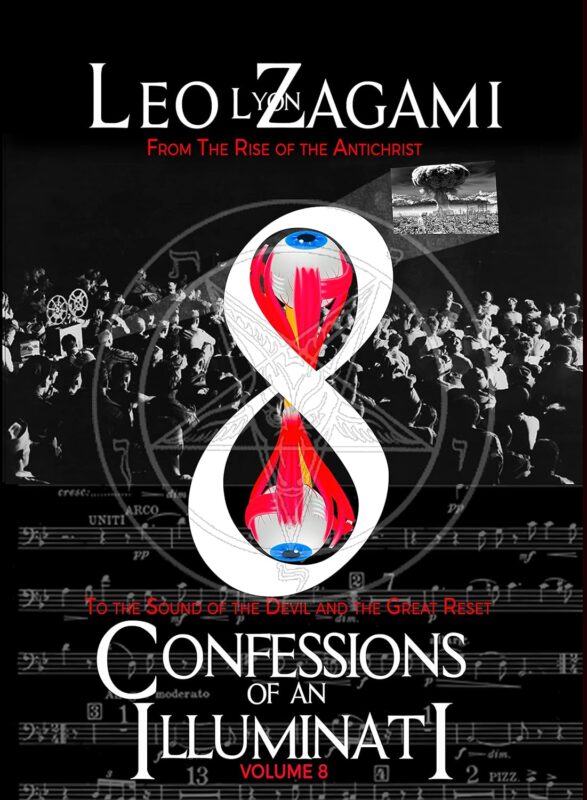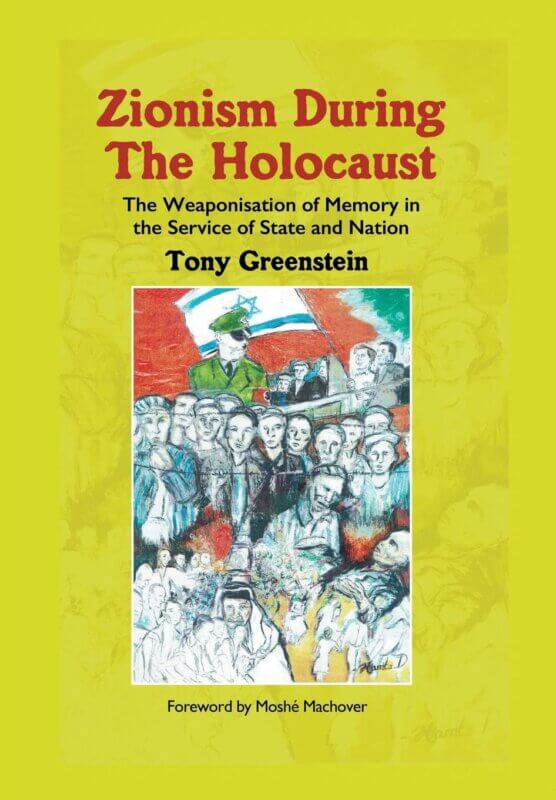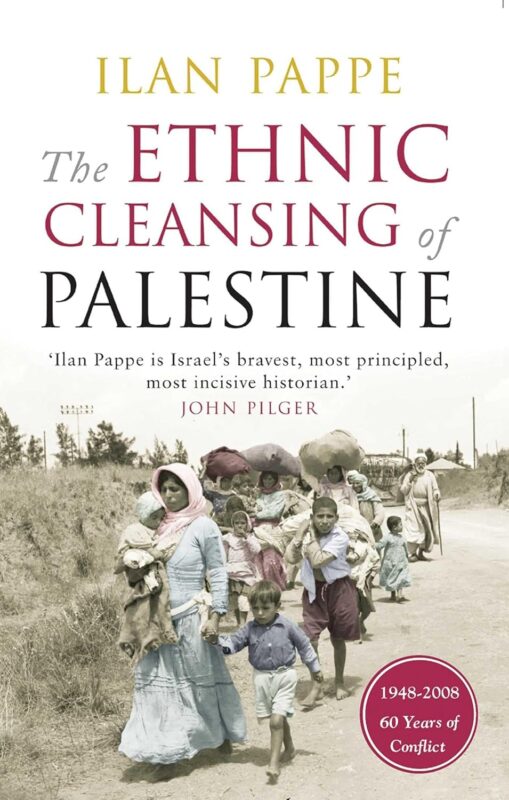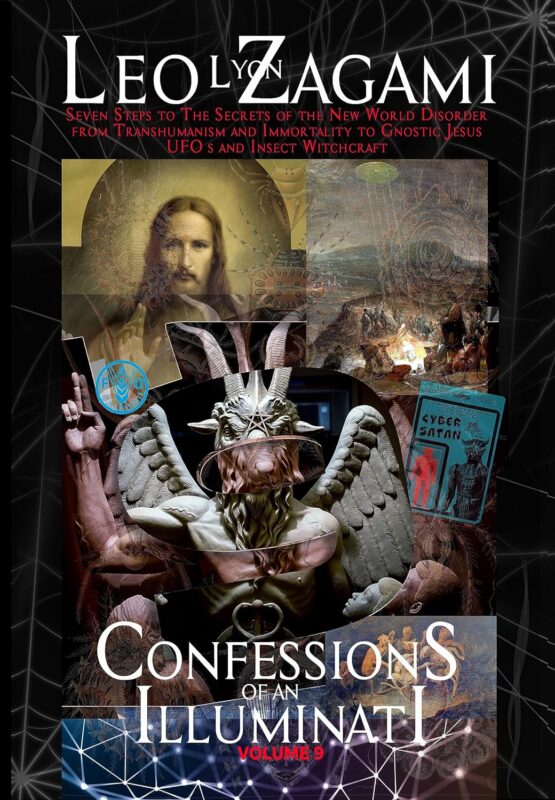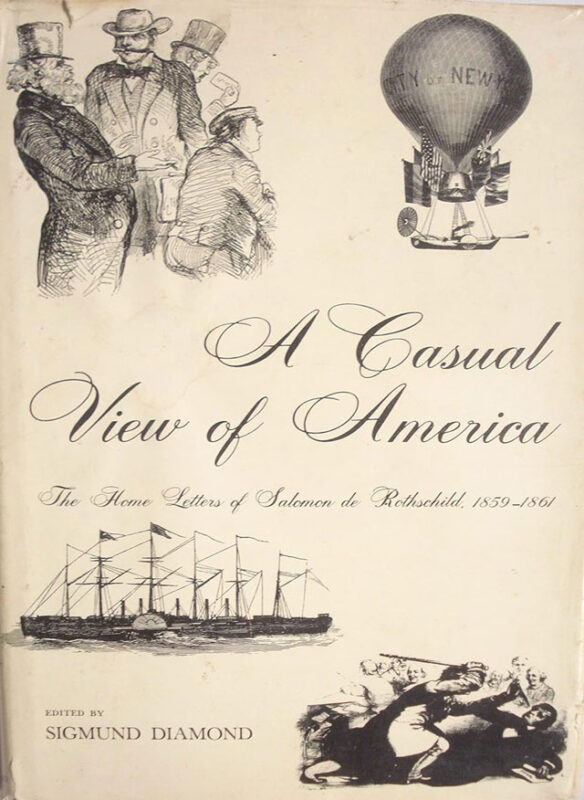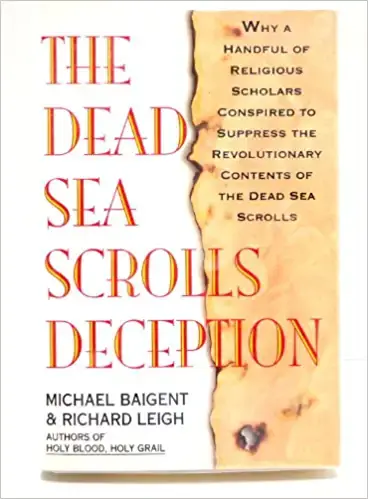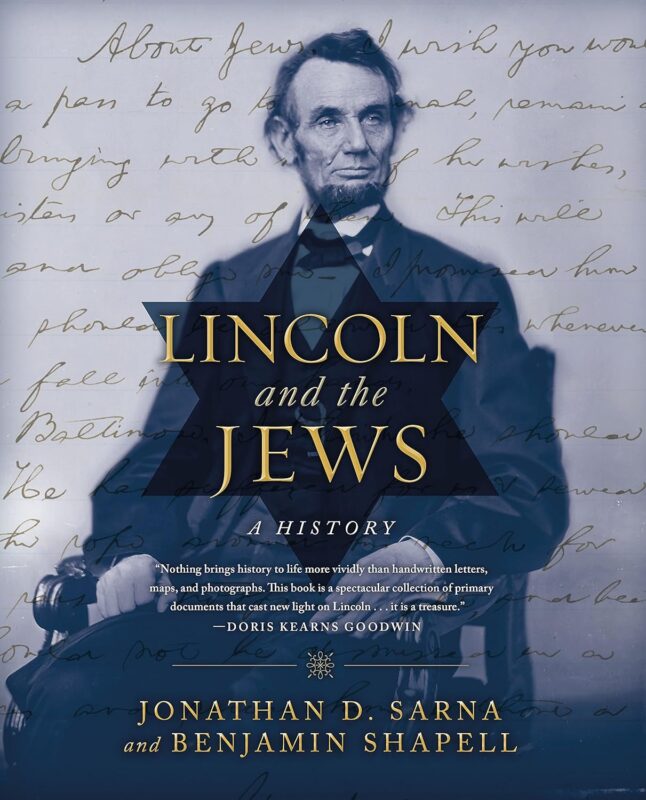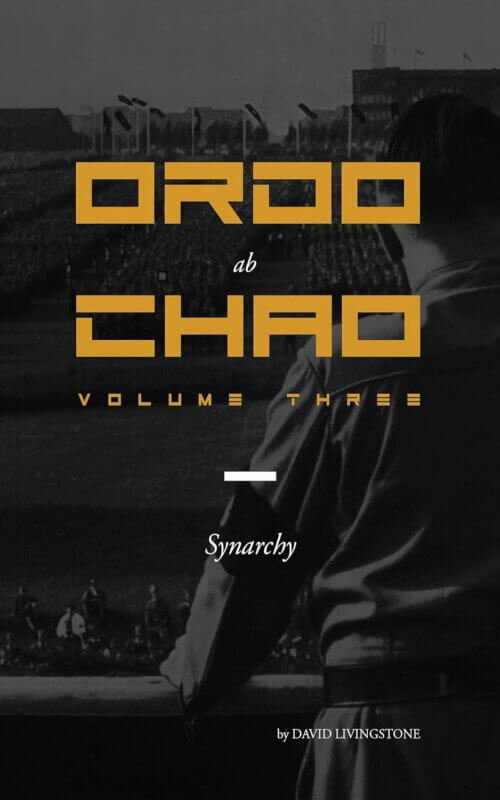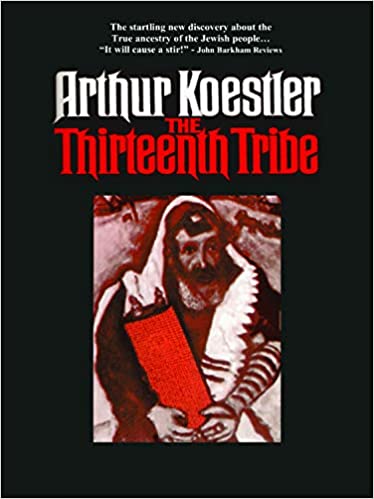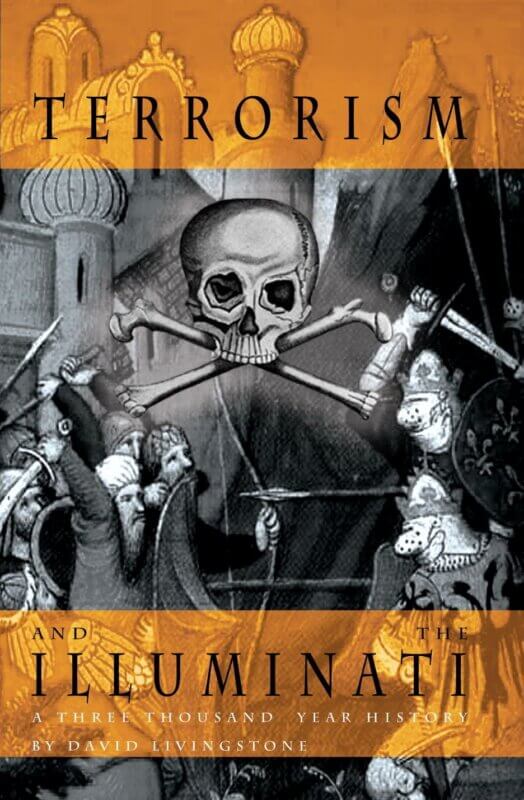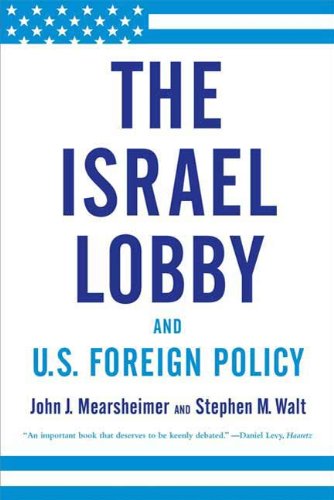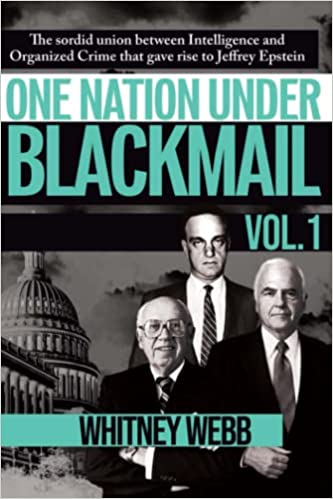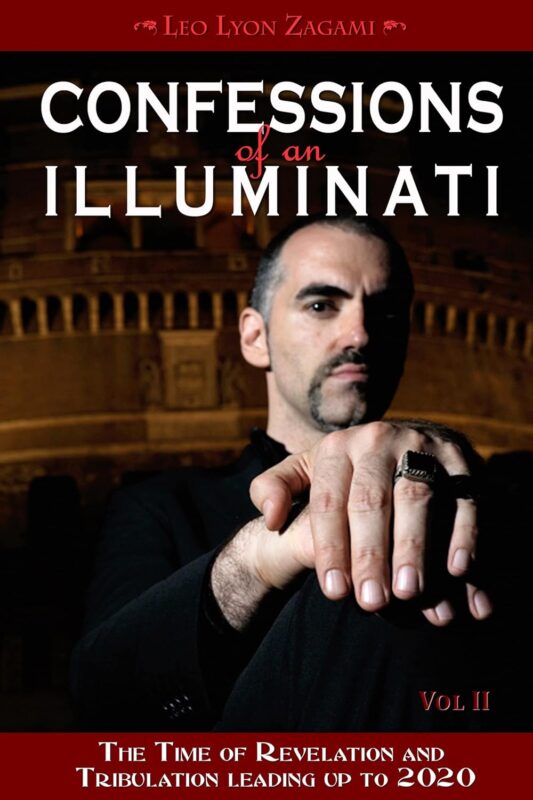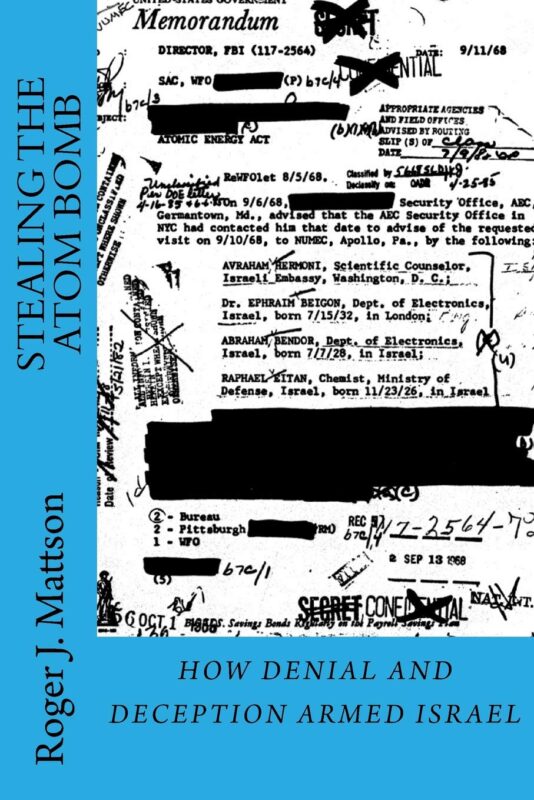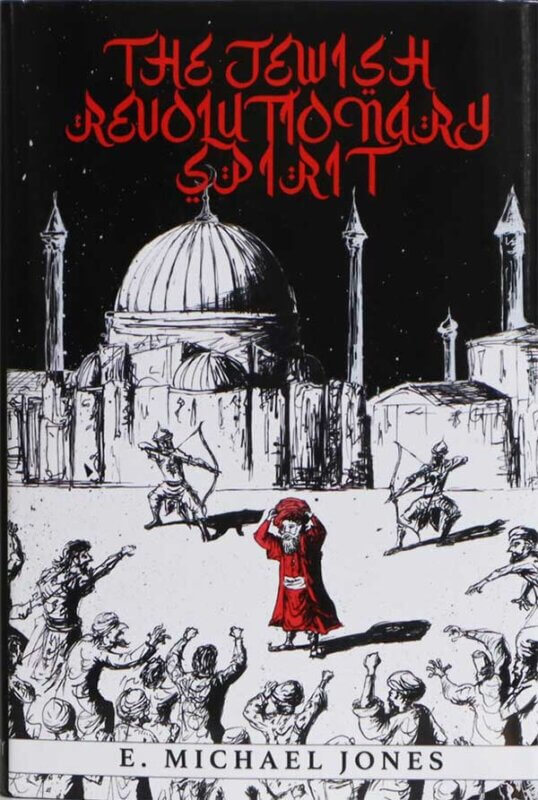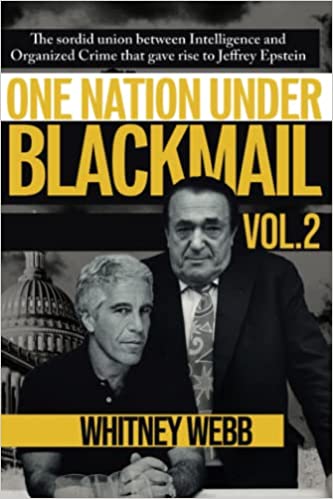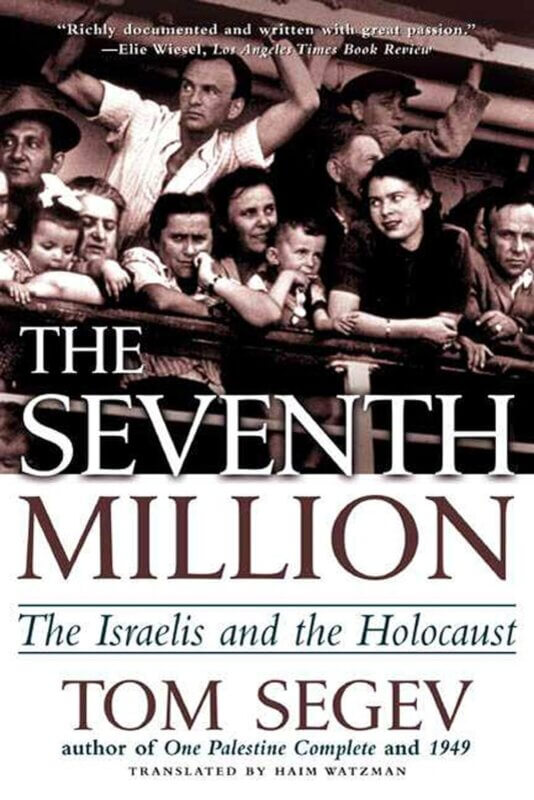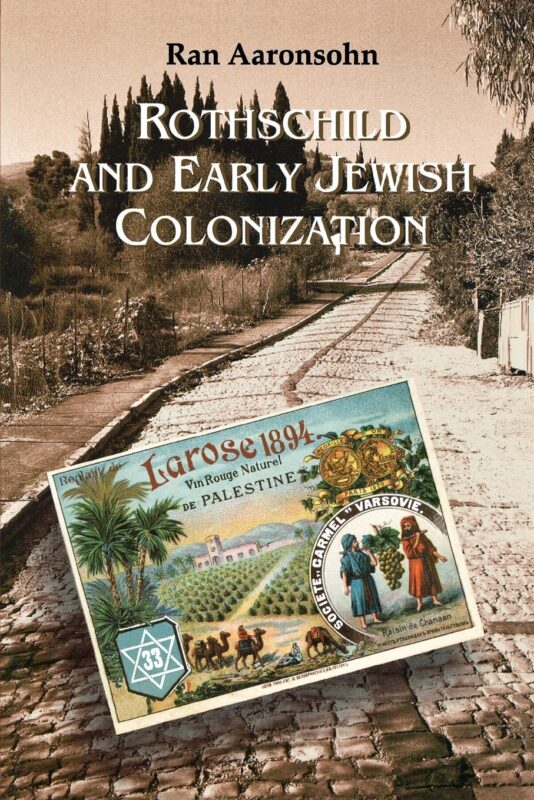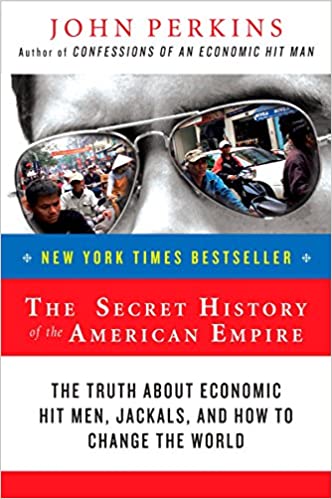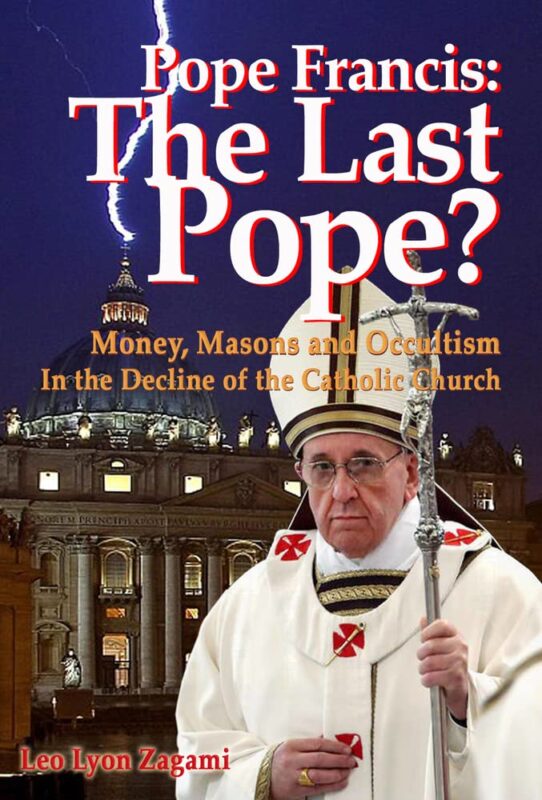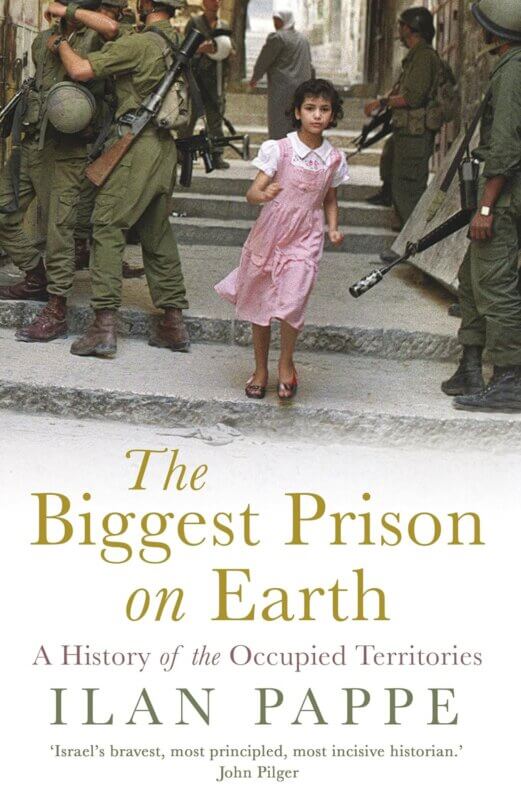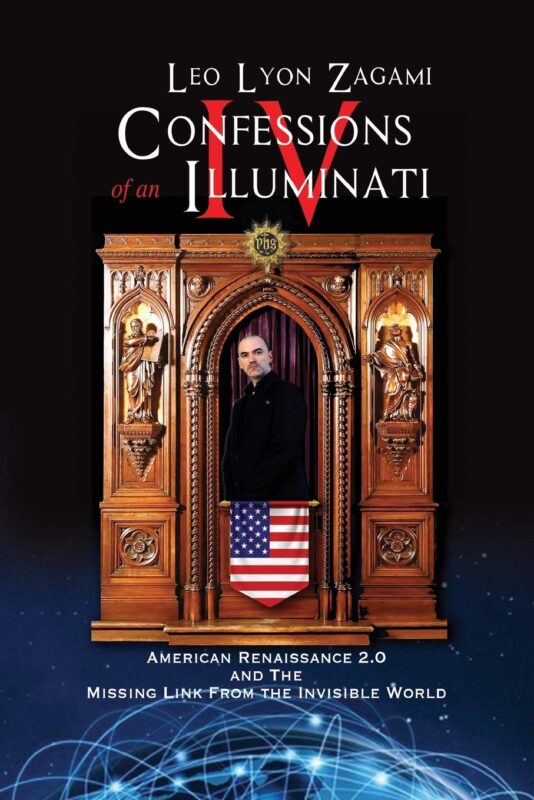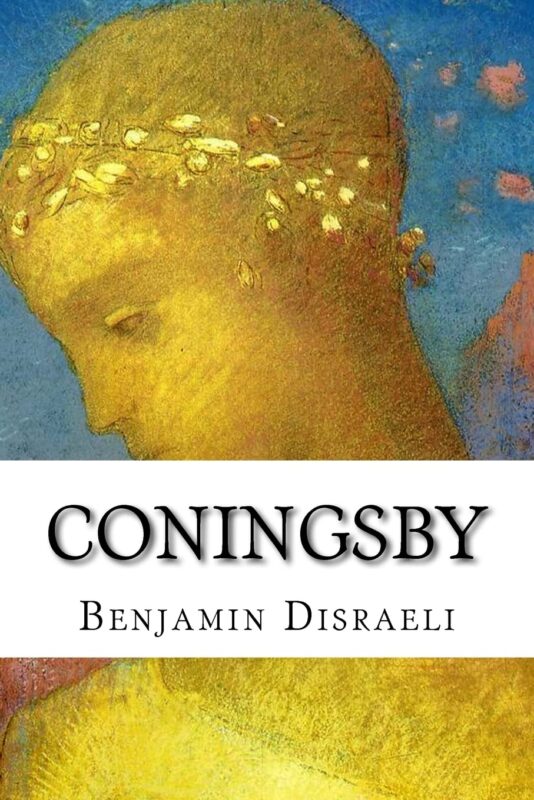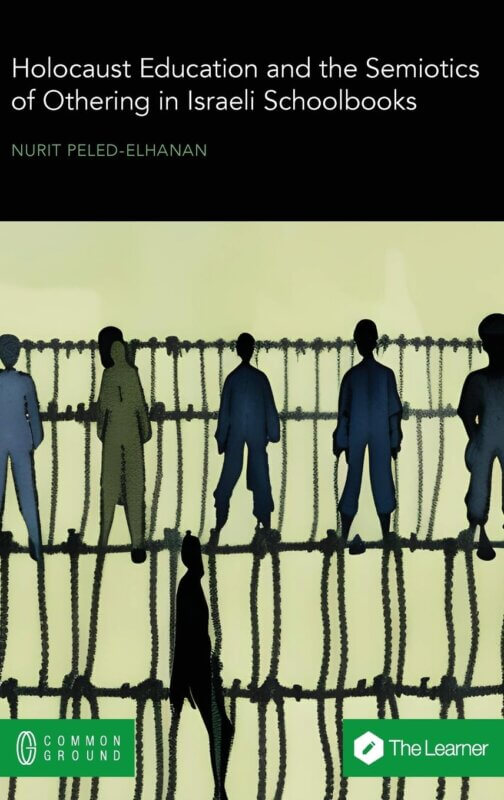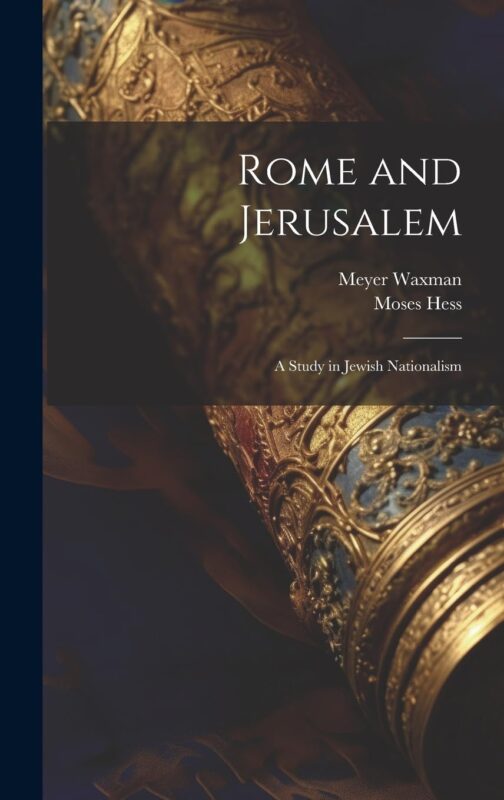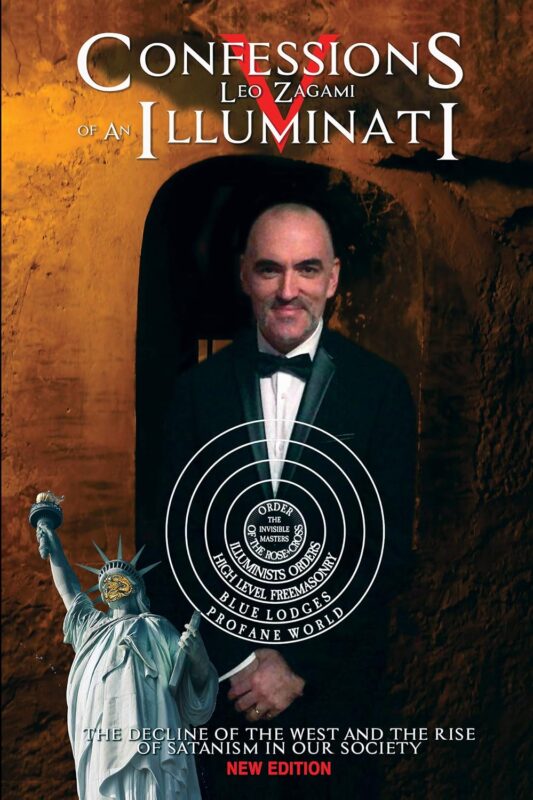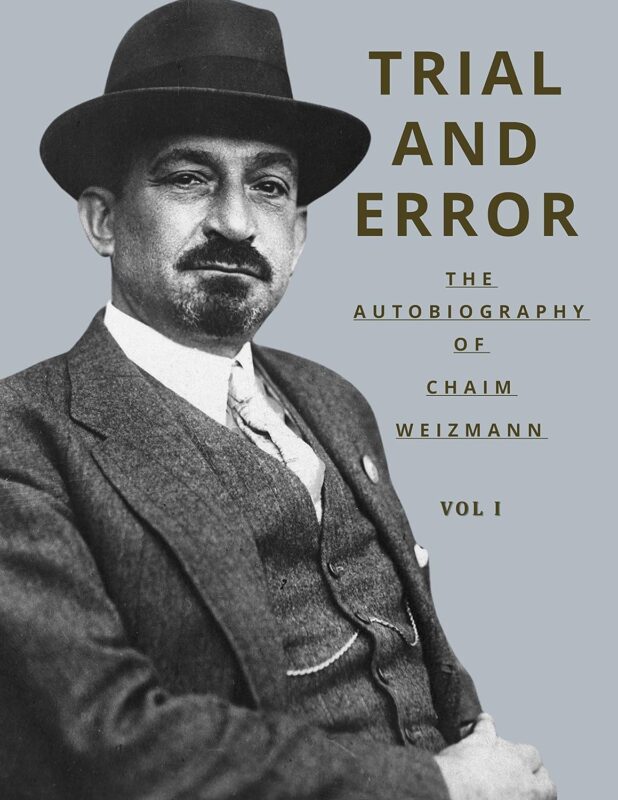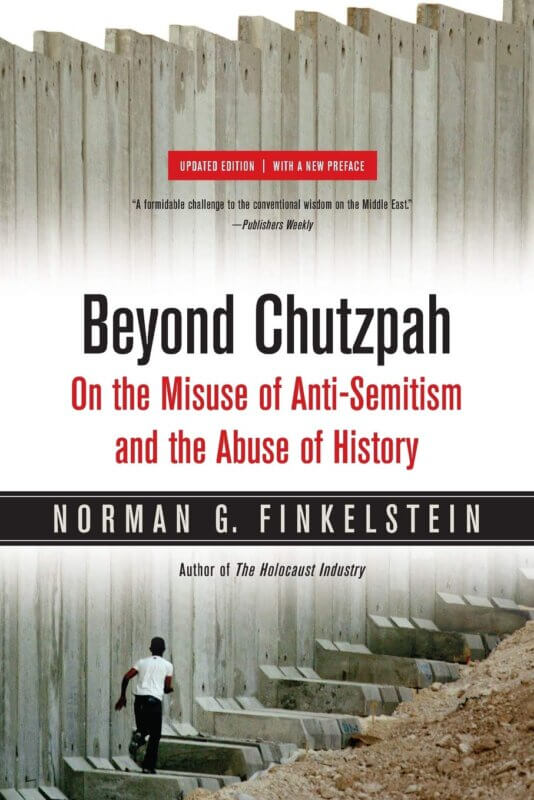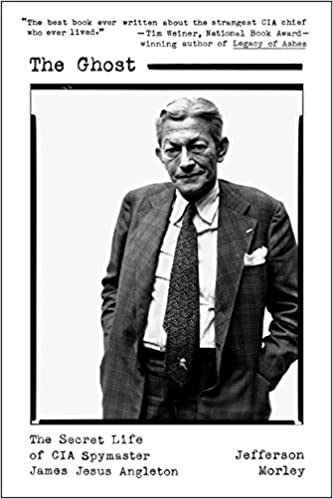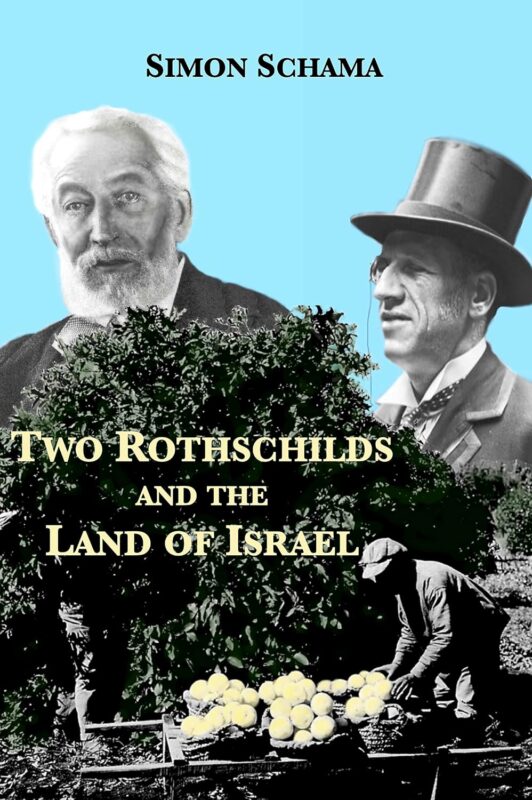
Explore the stirring arguments presented in "The Holocaust Industry" by Norman G. Finkelstein, a book that critically examines the commodification of Jewish suffering during the Holocaust and its repercussions in contemporary politics and culture. This detailed study begins with an exploration of how the Holocaust has been positioned globally since the Arab-Israeli War of 1967, gaining exceptional prominence aligned with US foreign policy interests, particularly to support Israel’s strategic stature.
Finkelstein, known for his meticulous research and direct narrative, suggests that the Holocaust's memory has been manipulated not by deniers but by some of the most recognized custodians of its history, who utilize it to fend off criticism and bolster political agendas. The author discusses the exploitation involved in Holocaust compensation settlements, describing this as a double exploitation of both European nations and legitimate Jewish claimants. He boldly labels this phenomenon an "extortion racket," provoking readers to question the ethics and motivations behind such practices.
The book has sparked considerable debate and has been highlighted as "the most controversial book of the year" by the Guardian. It is praised for its courageous examination of sensitive issues and has been endorsed for its comprehensive documentation and rigorous argumentation. Readers have noted Finkelstein's ability to challenge entrenched narratives and encourage critical thinking about historical memory, political power, and the moral complexities surrounding the Holocaust's legacy.
Ideal for those interested in Jewish history, Holocaust studies, political science, and ethics, "The Holocaust Industry" is an indispensable read that sheds light on the darker sides of Holocaust remembrance and exploitation. As Finkelstein himself is the son of Holocaust survivors, his critique carries personal significance, adding depth to his analysis of these complex issues. This book is not just an academic exploration but a call to reevaluate how collective memory is shaped and used in the political sphere, making it a critical addition to discussions on historical integrity and moral responsibility.



